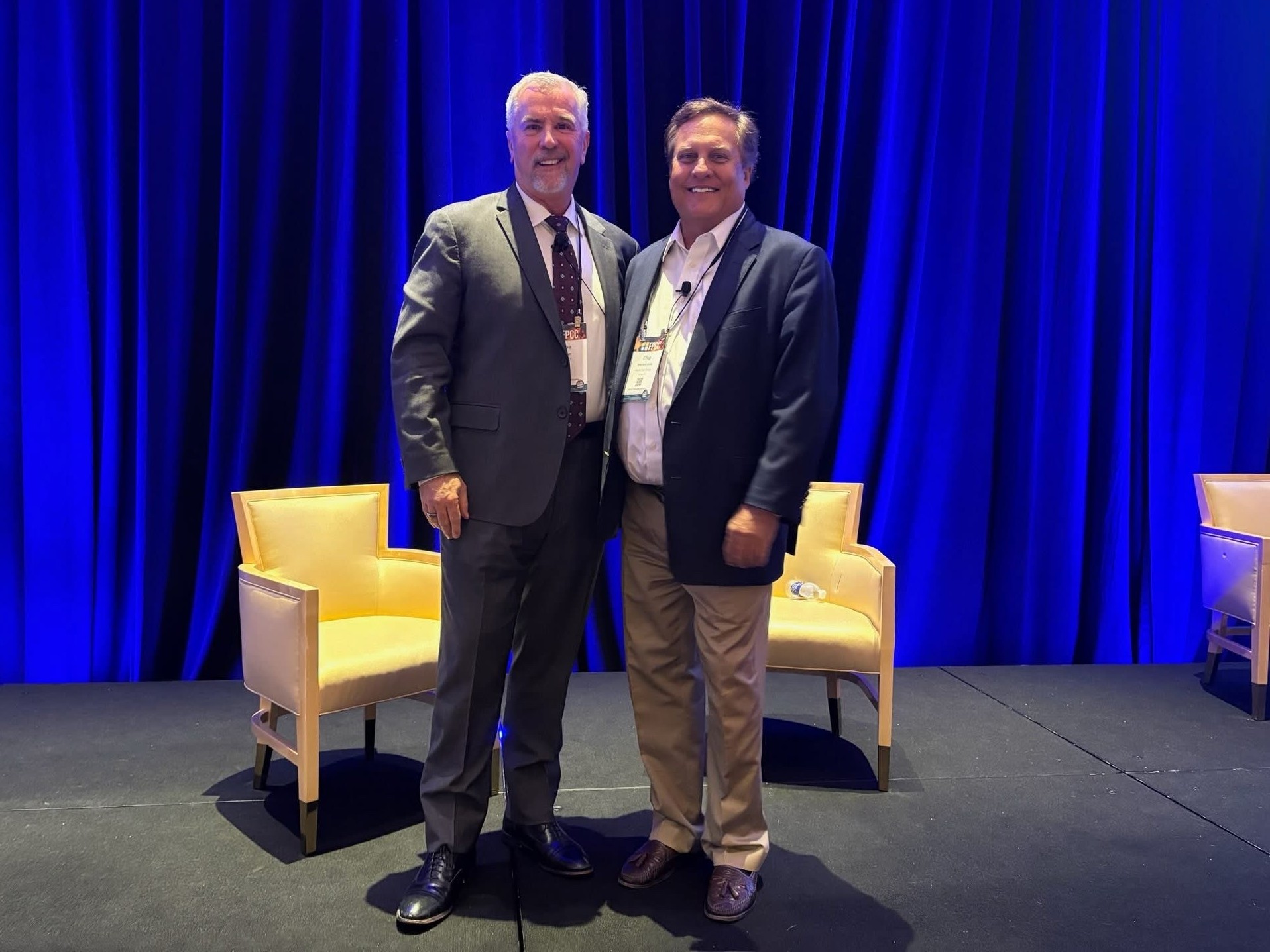What is the definition of a “supplemental claim?” If you look in the International Insurance Risk Management (IRMI) Glossary, you will not find a definition of the term. If you study the National Underwriter’s “comprehensive glossary” of insurance terms, you will not find “supplemental claim.” The Consumer Glossary of the National Association of Insurance Commissioners (NAIC), which lists commonly used insurance terms, does not list “supplemental claim.” From the best that I can determine, there has not been an officially accepted or listed definition by the insurance industry of the term “supplemental claim” as it pertains to the field of property insurance.
From my personal experience in this field, starting in the summer of 1981, I can say that the term simply did not exist at that time. I first recall hearing the term after computerized estimating software became commonplace. Insurance restoration contractors would re-analyze the prior estimates and then make a claim for additional amounts not included in the previous estimates. Eventually, specialists working in-house or for external companies hired by roofing, mitigation and other insurance restoration companies called their work and claim submittals as “supplementals” or “supplemental claims.”
This blog first mentioned “supplemental claim” in a 2010 post by Merlin Law Group attorney Shaun Marker. In his post, “Late Notice Of The Claim, Part 3: Is The Hurricane Re-Open Claim A ‘Supplemental Claim?’ ” he noted:
While there is not a Florida case directly on point with regard to what exactly is a ‘supplemental claim,’ cases from other states shed some light on this issue. A ‘supplemental claim’ is for new or additional damages not previously disclosed or adjusted in an insurance claim. See D.C. Concrete Mgmt, Inc. v. Mid-Century Ins. Co., 39 P.3d 1205 (Colo. App. 2001) (the initial claim was for theft of several items from a job site; while the supplemental claim was for new damage for lost profits never before claimed); Rossmanith v. Union Ins. Co. of Providence, 2001 WL 1451050 (Iowa App. 2001) (the initial claim was related to exterior and interior damage from a hailstorm; while the supplemental claim involved mold damages never before mentioned); Basuro v. 21st Century Ins. Co., 108 Cal. App. 4th 110, 114 (Cal. App. 2d Dist. 2003) (the initial claim was for damage related to the Northridge earthquake in 1994; there were supplemental claims for subsequent roof problems, asbestos damage and cracks in the foundation and moisture damage to the wood floors).
Most insurance policies do not mention or define ‘supplemental claim.’ The question often arises in situations where the insurance carrier is simply attempting to mischaracterize the parties’ disagreement over the amount of loss as a ‘supplemental claim’ in an effort to delay the resolution of the claim, particularly when the insurance carrier has already reached its claim determination and issued payment previously.
In 2022, I posted “Appraisal of Supplemental Claims – Are Supplemental Claims Part of The Loss?” I noted that the insurance industry did not provide a definition of the term, but new Florida Statutes provided a definition that impacts claims handling deadlines in Florida:
627.70132 Notice of property insurance claim.—
(1) As used in this section, the term:
…
(b) ’Supplemental claim’ means a claim for additional loss or damage from the same peril which the insurer has previously adjusted or for which costs have been incurred while completing repairs or replacement pursuant to an open claim for which timely notice was previously provided to the insurer.
The non-existent history of this term was also noted:
When I first started in this business in the early 1980s, there was no such thing as a ‘supplemental’ claim. The ‘supplemental claim’ is a recent legal concept of property insurance claims law made up by Florida’s insurers, the Office of Insurance Regulation, and codified by Florida’s legislature, which is not in existence anywhere else in the United States other than Florida.
The formal terminology of a ‘supplemental claim” came from insurance lobbyists trying to shorten notice requirements of damages found after an initial notice of the loss was provided. Florida now has a fairly recent notice of loss statute with provisions for ‘supplemental’ and ‘reopened claims’—terms of property insurance not found anywhere else in American law except Florida….
I was in Tallahassee a lot during the time this language was first offered into law. There was much talk about contractors often making a ‘supplement’ to their estimates. There was a lot of talk about losses where more money was being asked for in what became known as a ‘supplemental claim.’ I kept saying that everybody was making something up—the loss is the loss, and people are simply asking for greater benefits if they find more damage or as more damages accrue, such as in business interruption or additional living expense—but we were making up new terms which simply did not exist in the law in order for insurers to find another way to deny paying for the full loss. The entire legislative process of making up these new concepts and formalizing slang used in the adjustment field was a mess.
I sarcastically made fun of the fact that Florida made up what was a previously an undefined term in Florida Man—Appraisal in the Brand New World of Initial, Additional, Supplemental, and Re-Opened Claims:
The new Florida terms regarding supplemental and re-opened claims are certain to be litigated much more frequently. I can appreciate that many readers from other states are thinking, ‘What will Florida Man do next regarding insurance?’
There is now a cottage industry of “supplemental claim” companies and people involved with making “supplemental claims.” For example, The Supplement Experts advertises on its website:
Ensuring our contractors’ claim optimization is our number one priority and Supplement Experts exists to assist contractors in two main areas: get paid for all of the work that they are completing, and get paid in a timely fashion. Statistics show that only 20% of restoration contractors are not supplementing their jobs.
The Supplement Experts are averaging an increase of 34.4% in revenue for residential roofing claims, and even higher than that for commercial roofing claims.
On top of that, the Supplement Experts are getting revised insurance estimate about a week faster than the average contractor that supplements their own jobs. That increase in revenue and decrease in overhead is life-changing!
Roofing business educator Dmitry Lipinkskiy has a number of videos regarding the practice of roofers making “supplemental claims.” He has had guests on his YouTube shows discussing the business and the need for roofers to make supplemental insurance claims.
In Why Roofers Supplement Insurance Companies, Lipinskiy emphasizes the importance for roofers to hire expert supplementing companies. He argues that these companies bring specialized knowledge and experience in dealing with insurance claims, ensuring that all necessary repairs and costs are accurately documented and justified. This can lead to higher approval rates for supplements and, ultimately, more comprehensive coverage of repair costs. Lipinskiy highlights that expert supplementing companies can navigate the complexities of insurance policies more effectively than most individual contractors.
At the same time, while being fair and balanced, Dmitry Lipinskiy addresses concerns about supplementing companies potentially violating unauthorized practice of public adjusting (UPPA) laws. He acknowledges the criticisms but argues that reputable supplementing companies operate within legal boundaries by focusing on documentation and estimates rather than negotiating claims directly with insurers.
I will raise some of these issues and criticisms of “supplemental claims” in tomorrow’s post.
After researching this topic and noting its widespread use in my chosen field of business and study, I am going to propose a suggested definition for the term “supplemental claim” in the context of property insurance claims:
“Supplemental claims” are “additional funds requested from the insurance company to cover items needed to complete repairs on a property that were not included in the initial insurance estimate. They include items and amounts which may have been the result of hidden or mistakenly overlooked areas of damage.”
I know that definition may create a lot of disagreement and confusion. Does it mean that an insurer’s initial estimate which failed to include a scope and pricing? The supplement companies are treating them this way, and the Florida statute definition seems to indicate that they are.
Personally, I dislike the term. It implies that the claim is for something other than what it should have been in the first place. Missed, hidden damages, anticipated or unanticipated damages are still part of the original property insurance claim. By allowing the term to exist as if it is something other than what the claim should have been invites shoddy initial claims handling, inaccurate estimating, and possibly gamesmanship. For example, could you imagine what a property owner would do if a contractor gave a bid for roofing or construction work and then the contractor asked for a 10% increase because items were missed?
The point of this blog is that the practice of making a “supplemental claim” now involves an entire sub-industry of people making claims and property insurance departments having specialized units handling “supplements.” Shouldn’t we at least agree on a definition of a supplemental claim so that all of us are on the same page?
More on this topic tomorrow.
Thought For The Day
Language is a highly ambiguous business. So often, below the word spoken, is the thing known and unspoken… You and I, the characters which grow on a page, most of the time we’re inexpressive, giving little away, unreliable, elusive, obstructive, unwilling. But it’s out of these attributes that a language arises. A language, I repeat, where under what is said, another thing is being said.
—Harold Pinter




